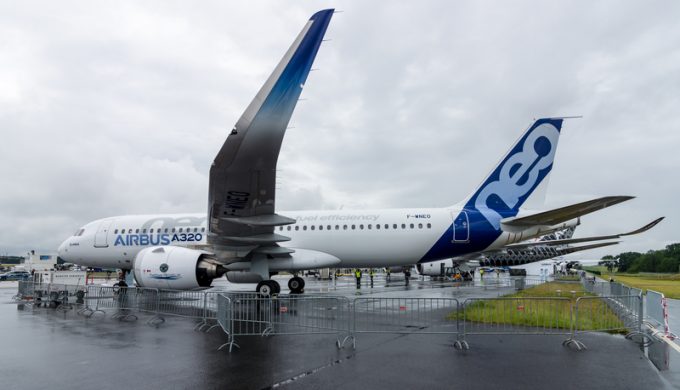DW: Italy reaches deal with Lufthansa over sale of stake in ITA
DW News reports: The deal still needs to be cleared by the the European Commission. What else ...

Hundreds of A320neo aircraft will be grounded for extended periods of time over the coming three years owing to inspection and repair work on their jet engines. This will culminate in about 650 aircraft parked early next year.
The problem is a further constraint on the ...
Predatory rivals circle as the ripples from DSV's Schenker buy widen
Latest Israeli attack on Iran a threat to box ships in Straits of Hormuz
DHL Express facilities in Canada forced to shut down by strike
Industry concerns rise after yet another box ship on fire off Indian coast
New Middle East conflict brings airspace closures, flight chaos and oil price worry
More legal trouble in India for MSC: feeder vessel detained after box ship disasters
Return of downward pressure on container spot freight rates
BYD launches logistics subsidiary – and eyes ports and shipping sectors

Comment on this article